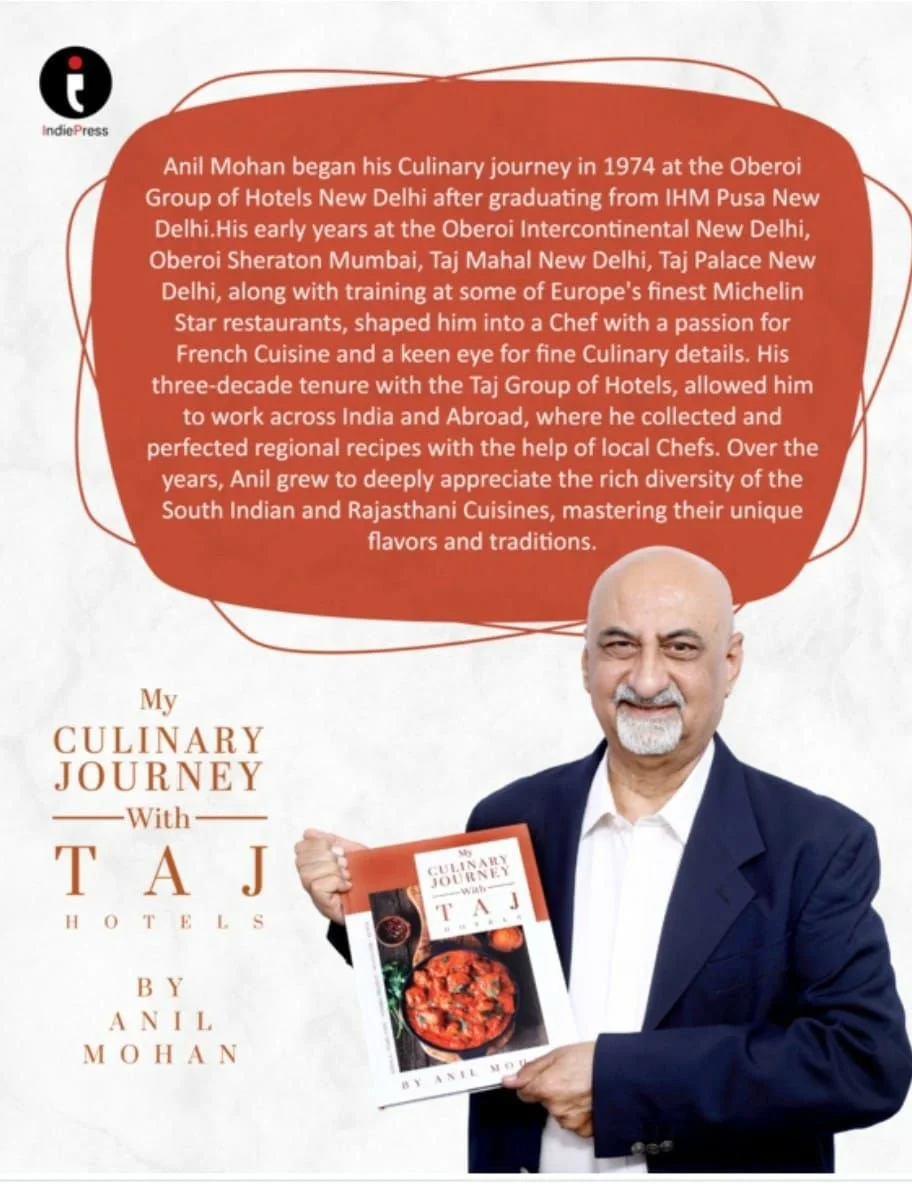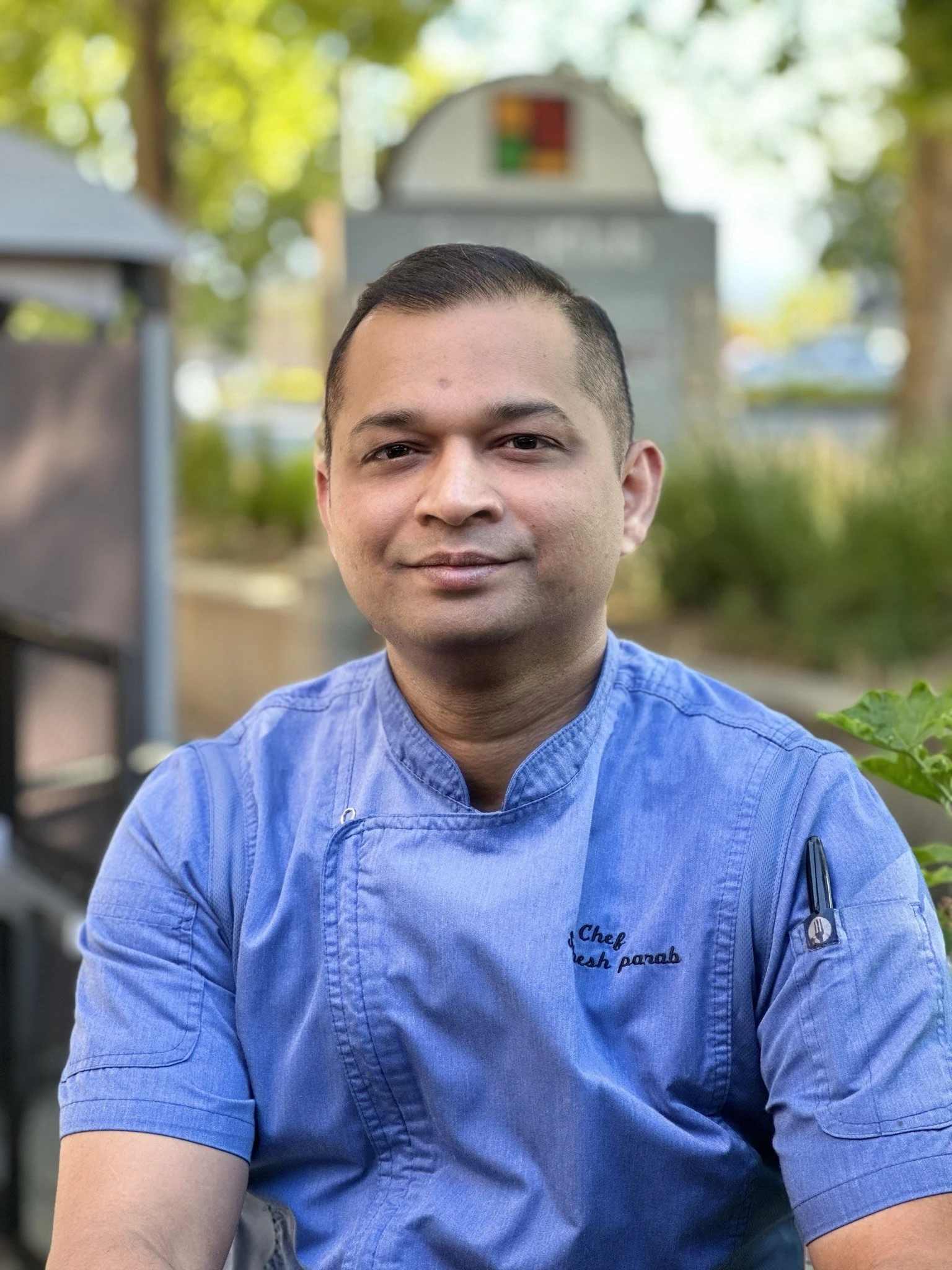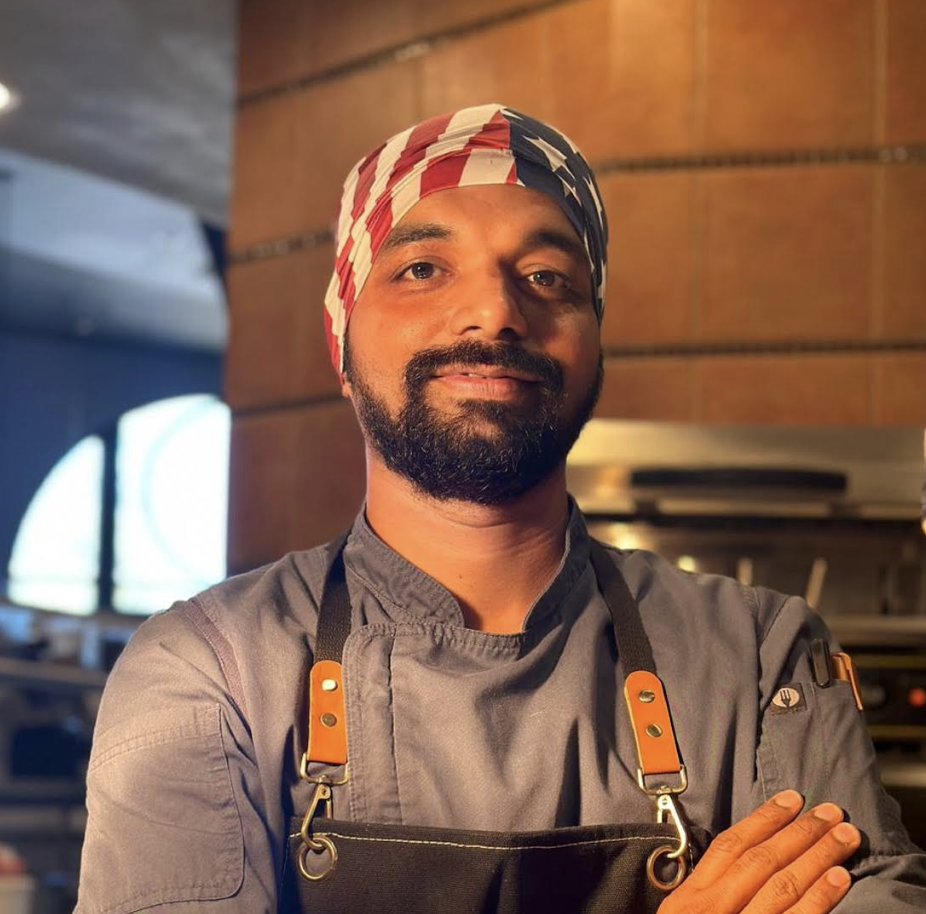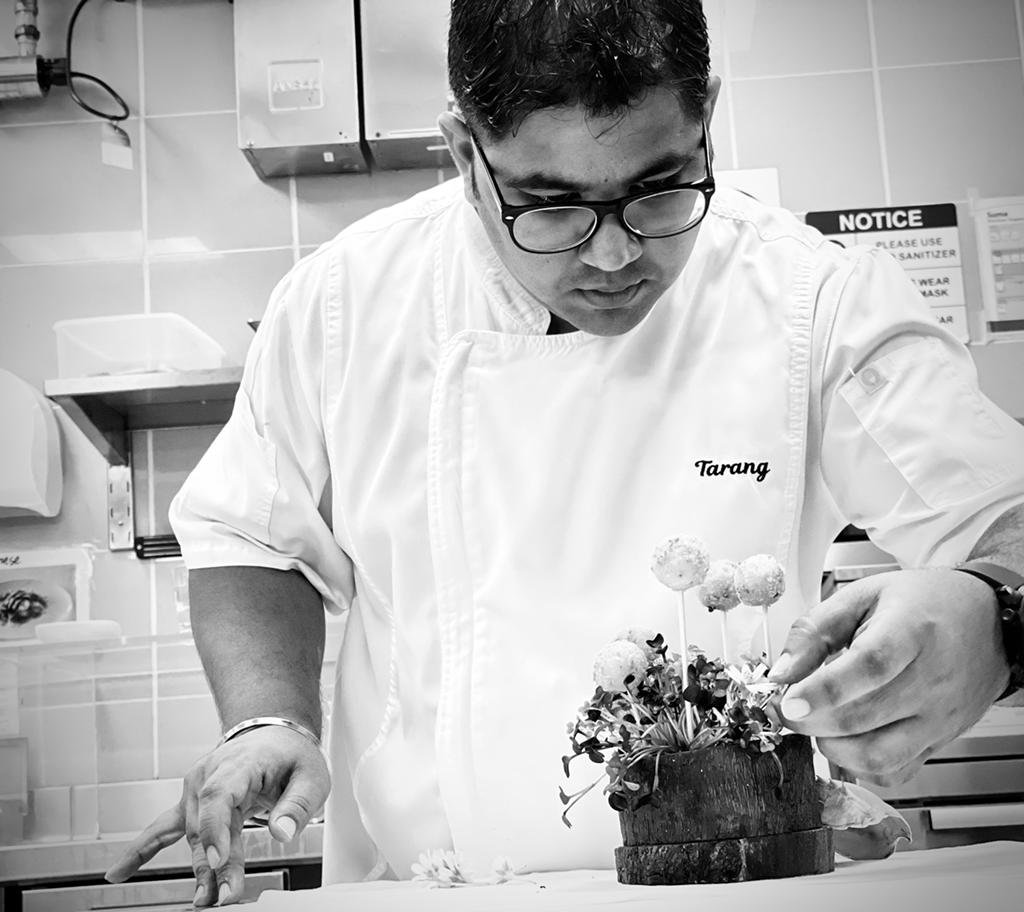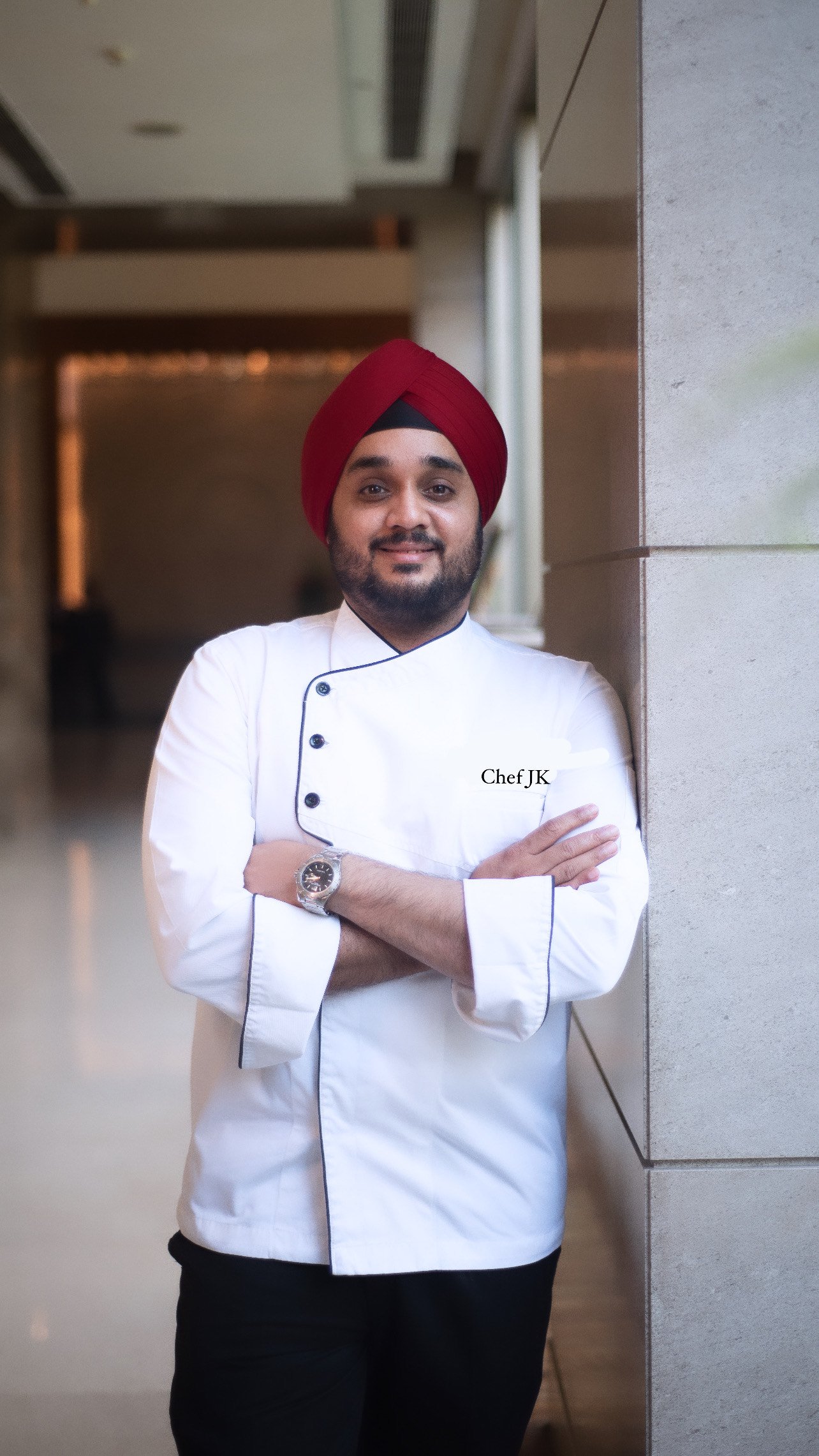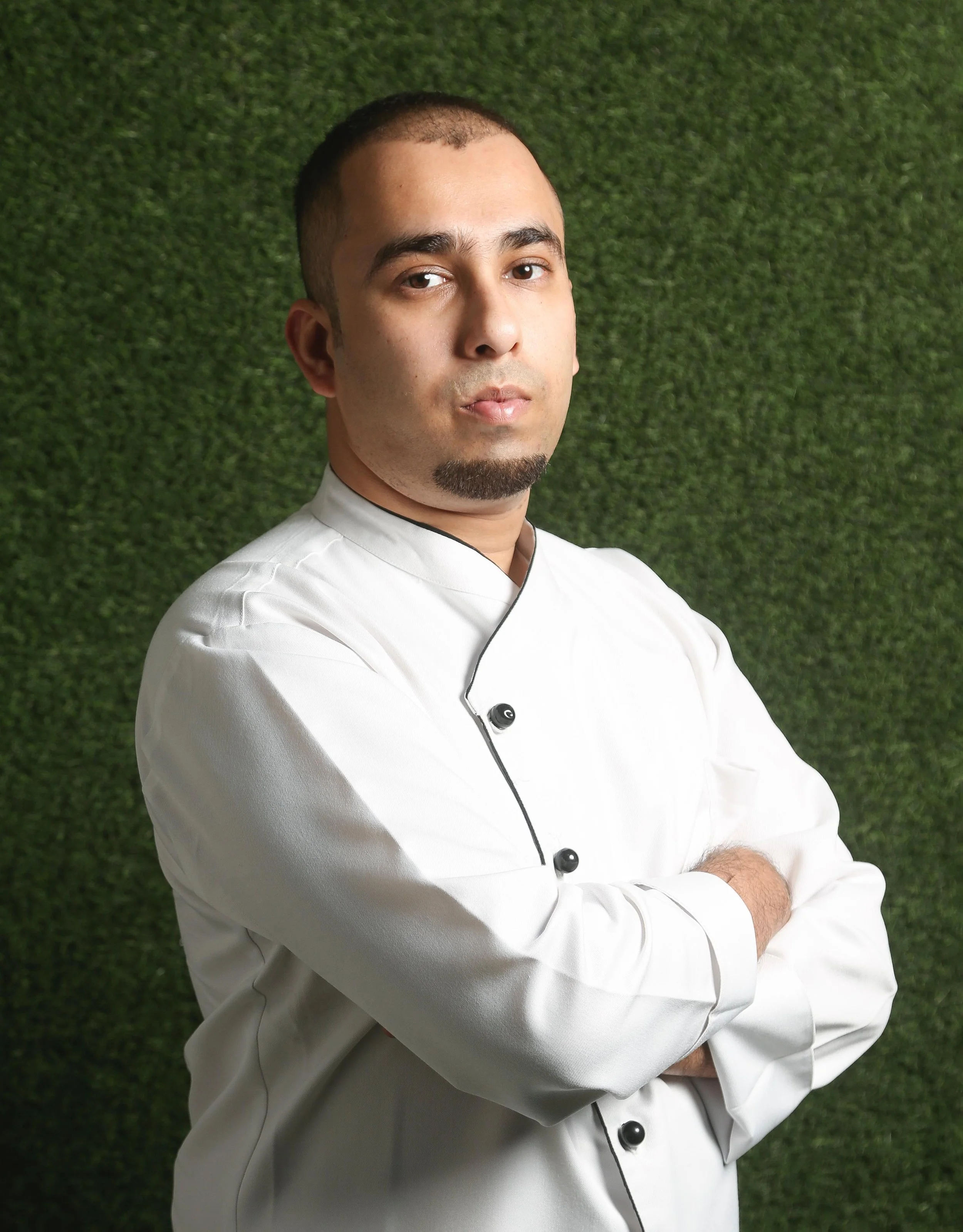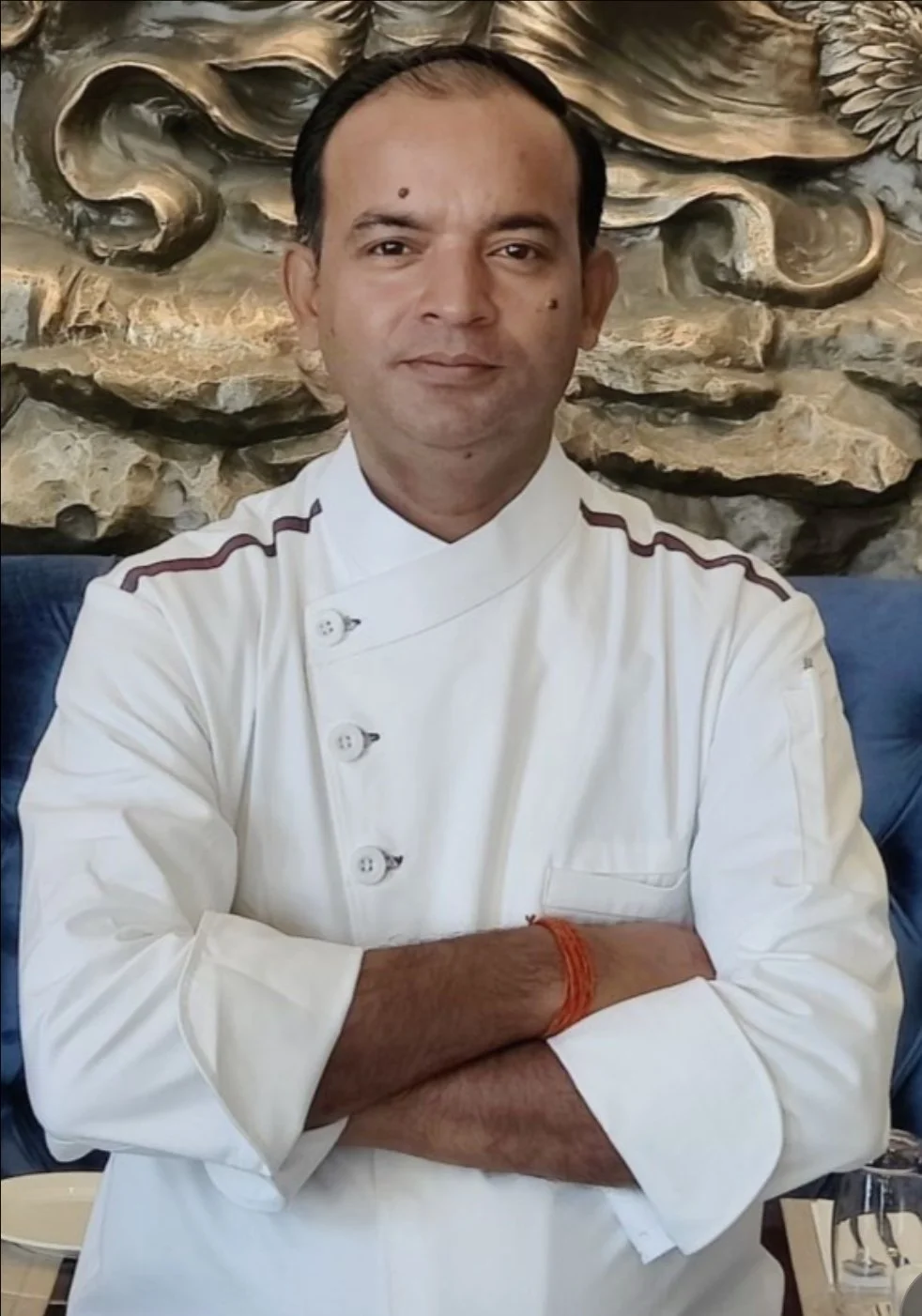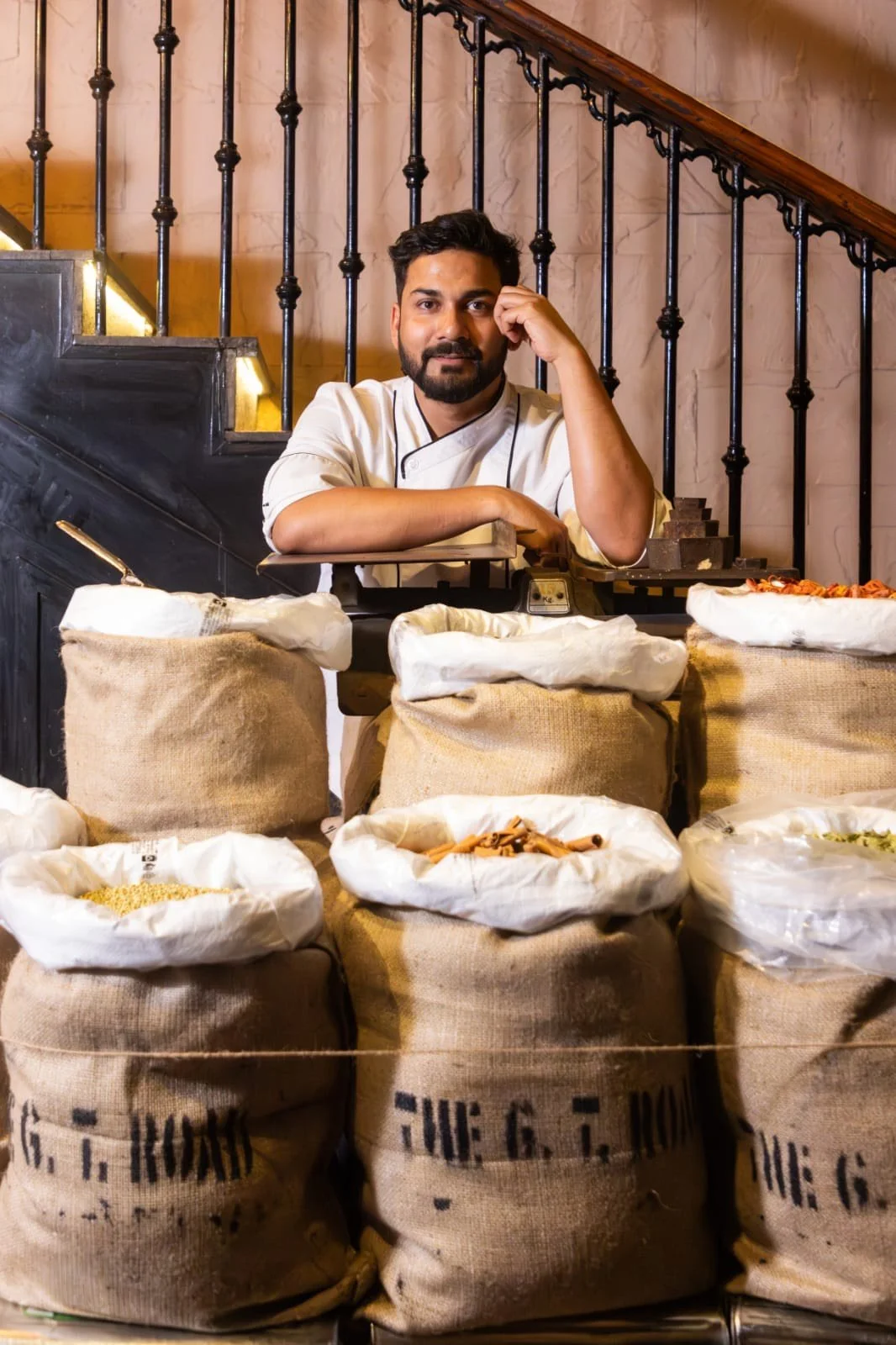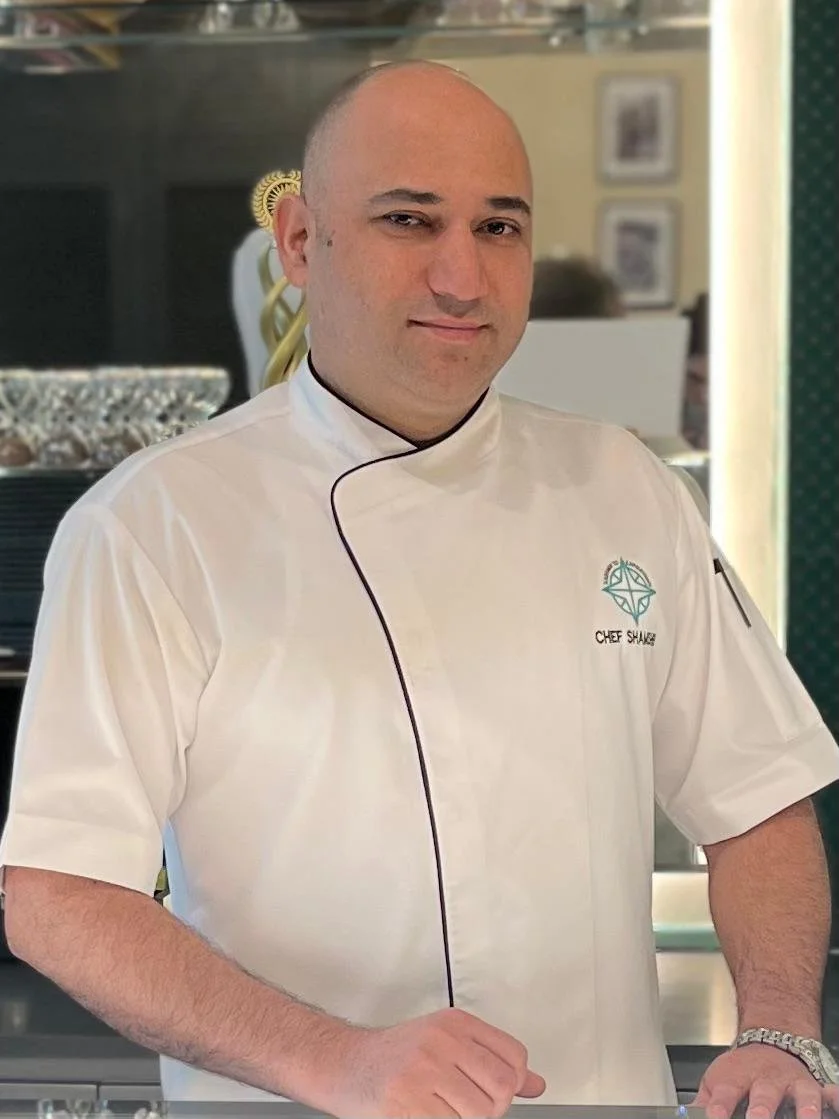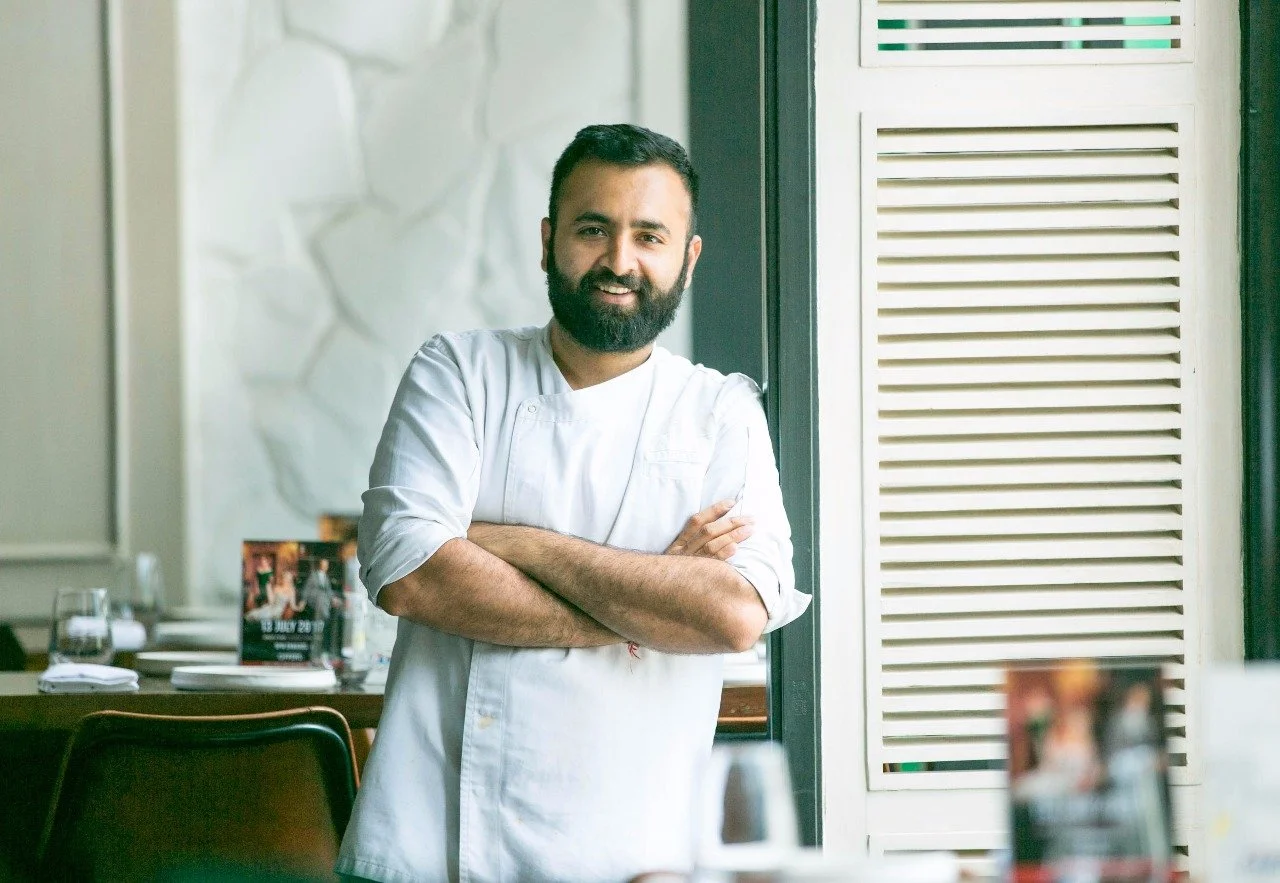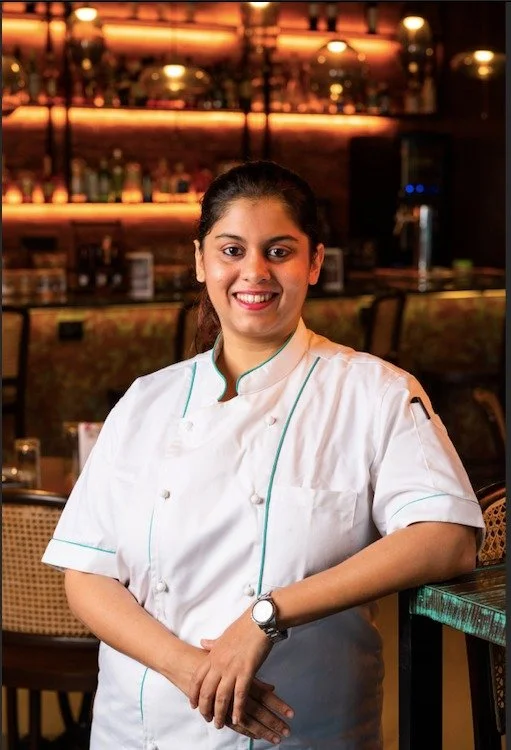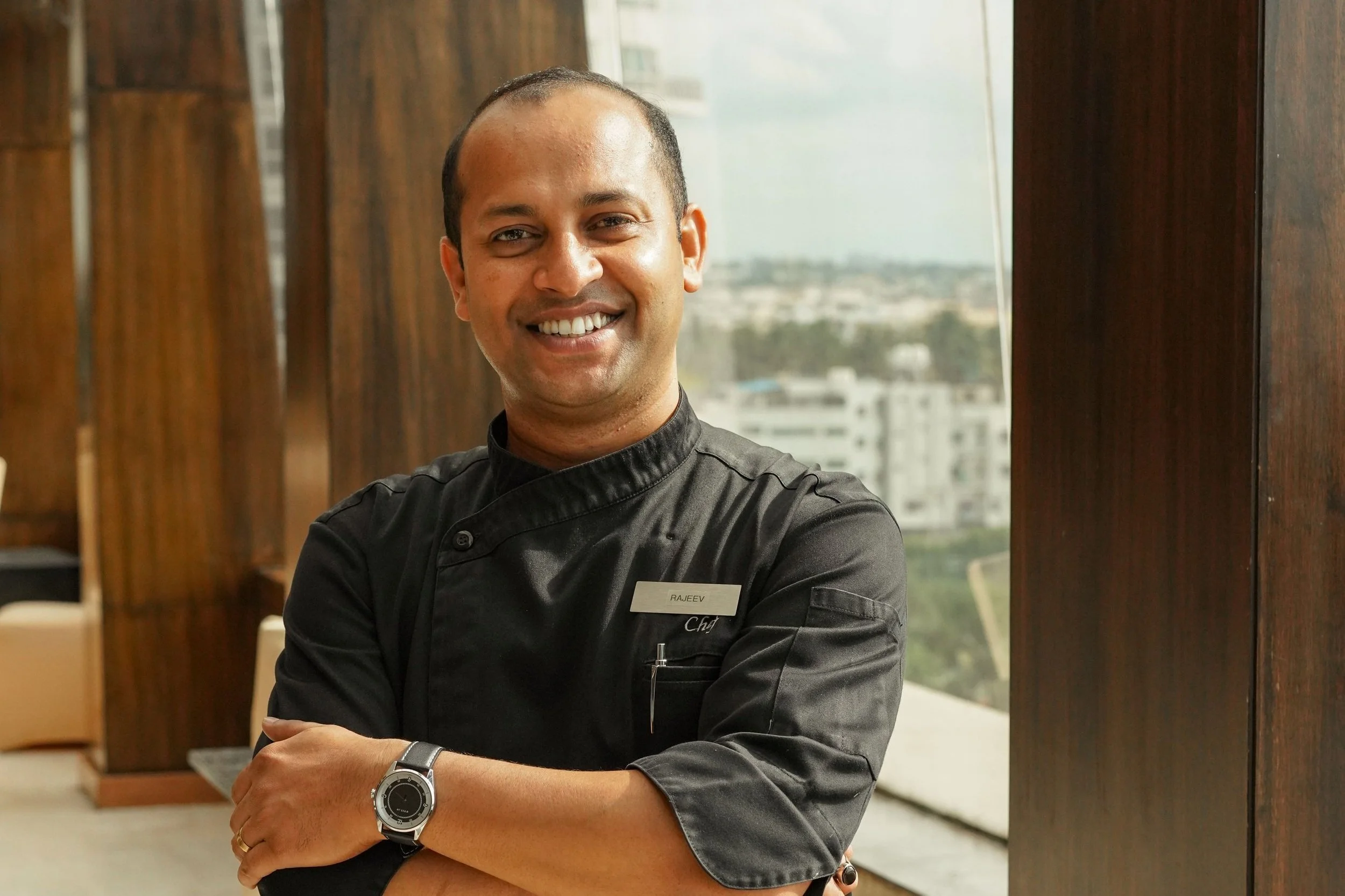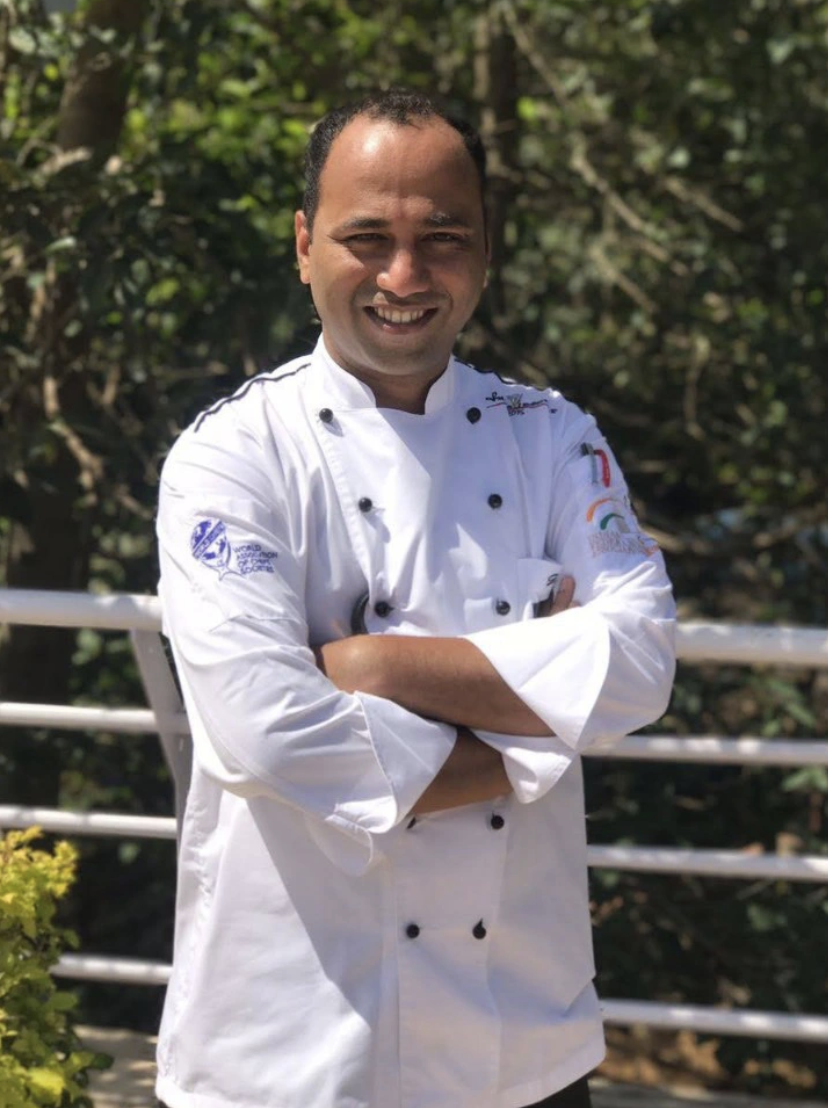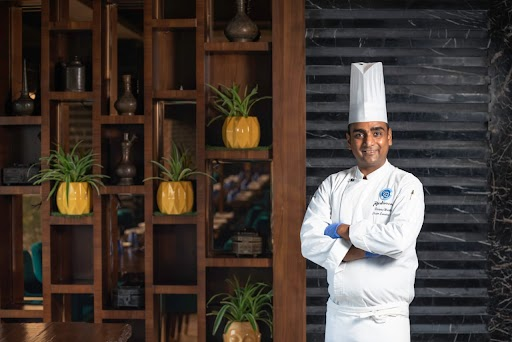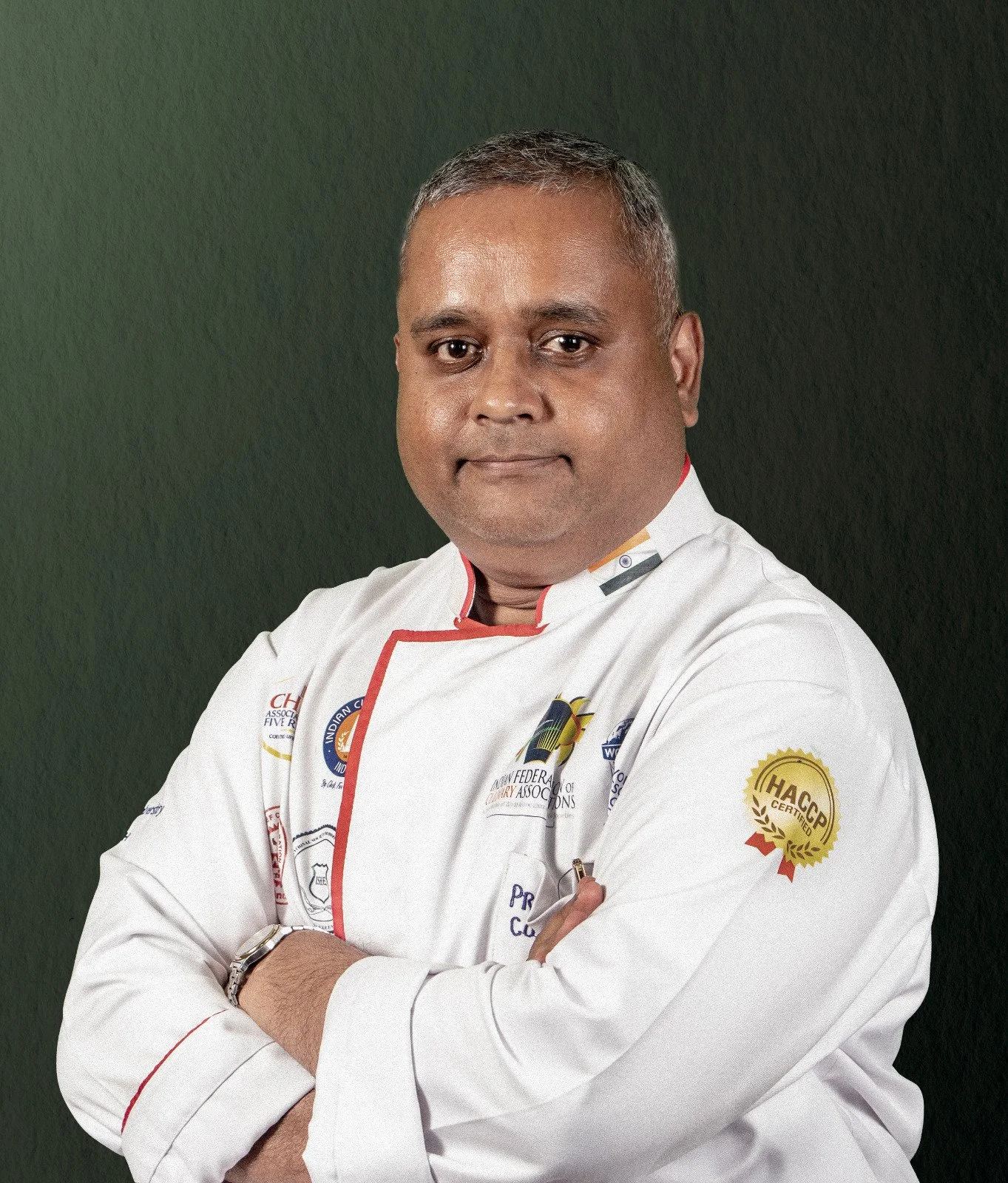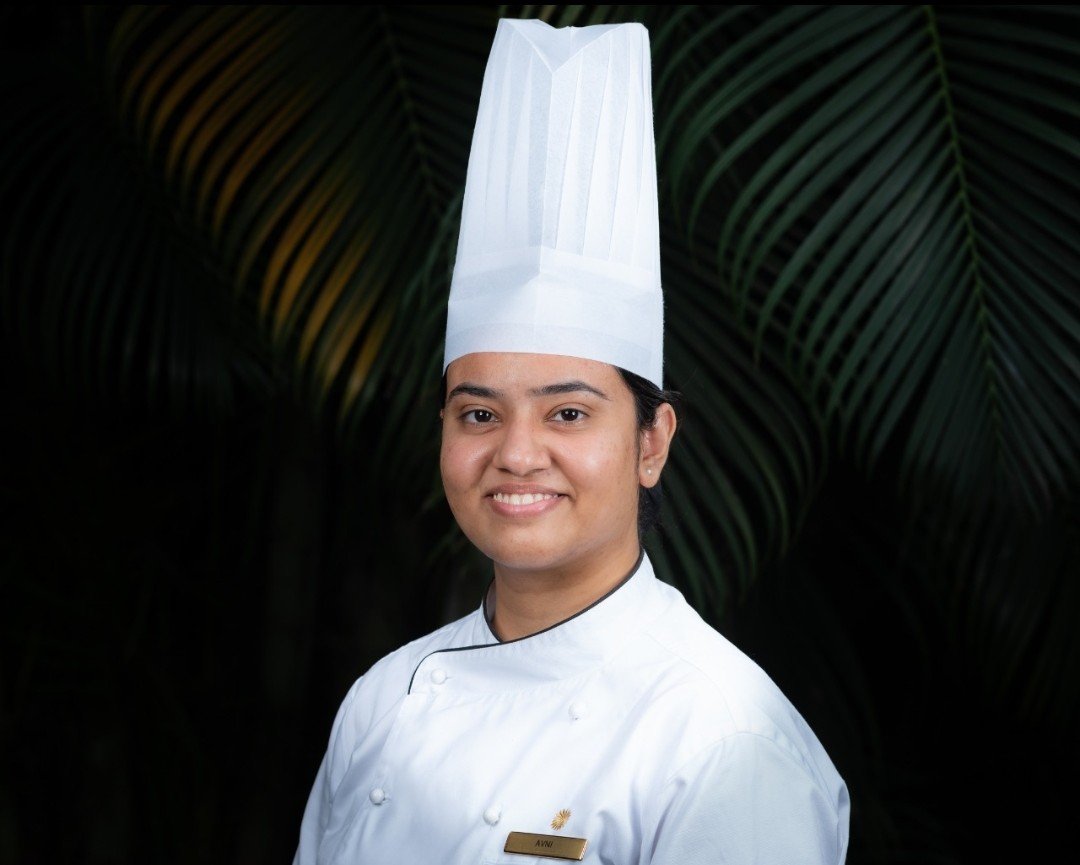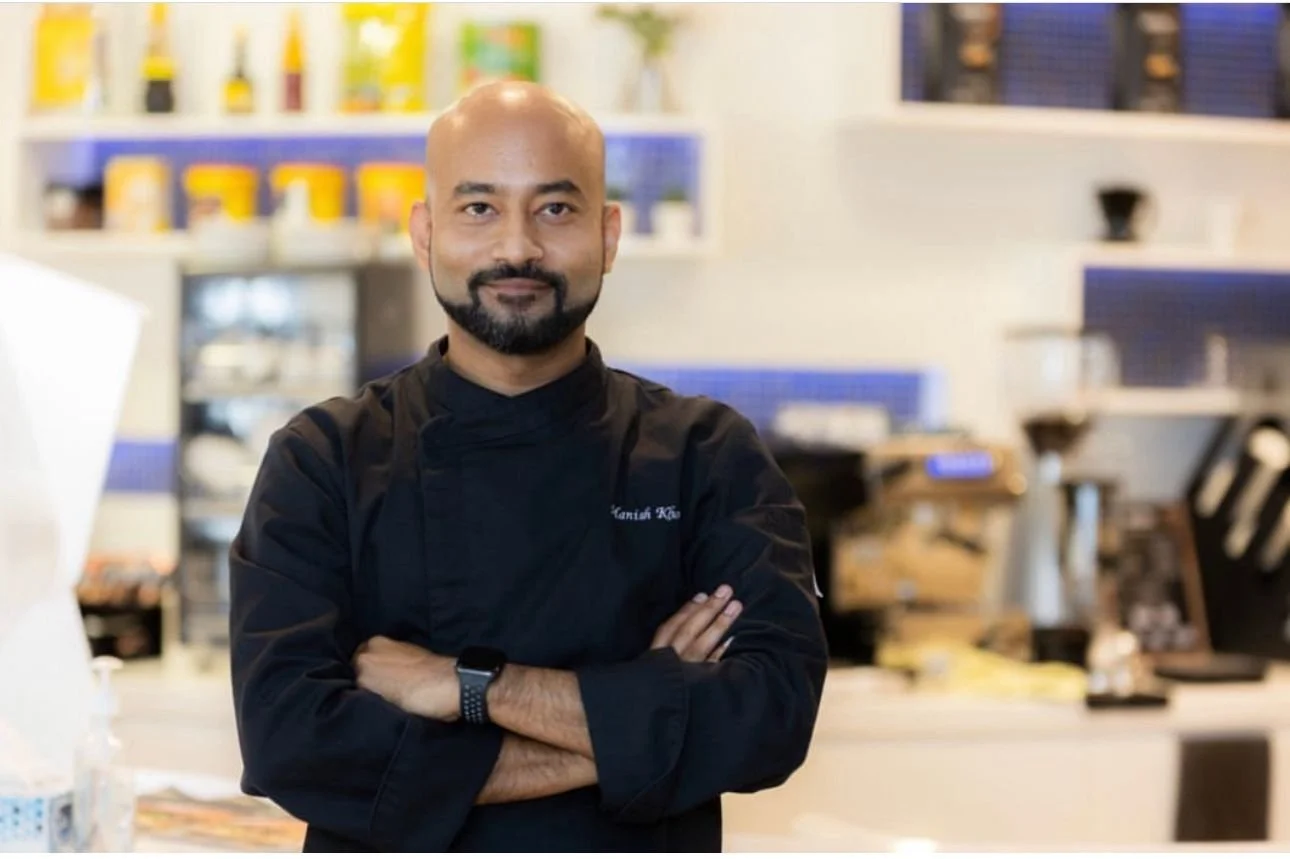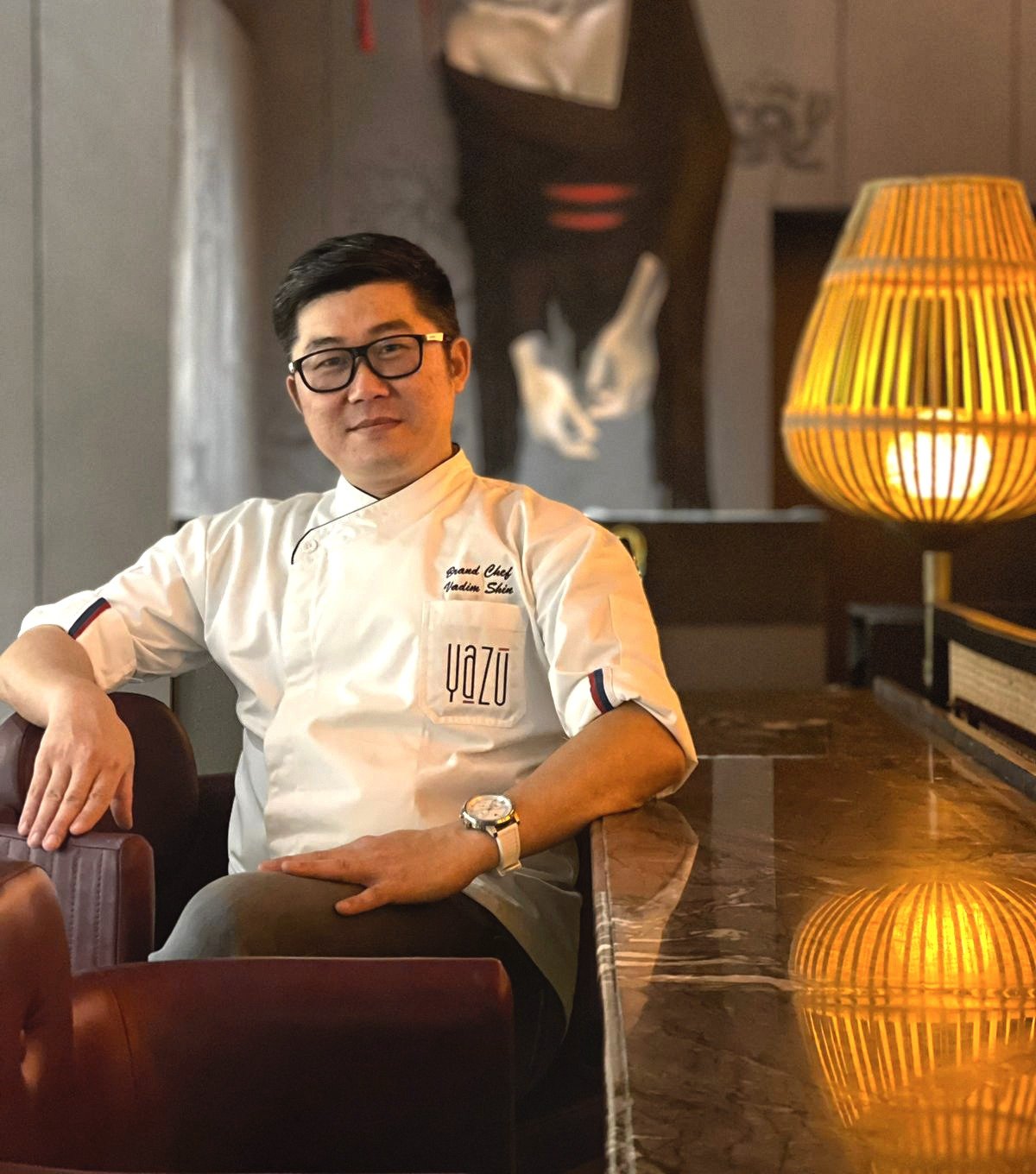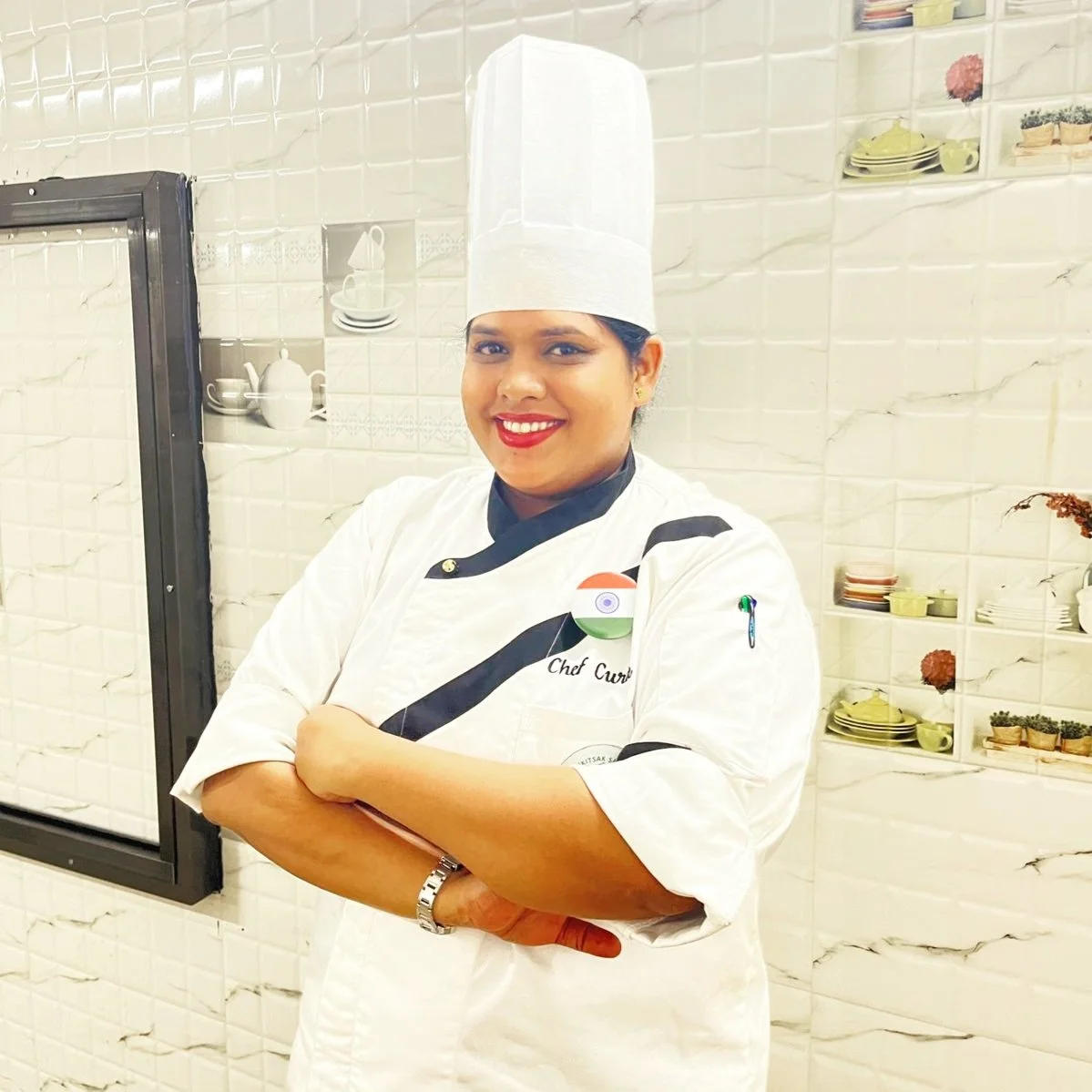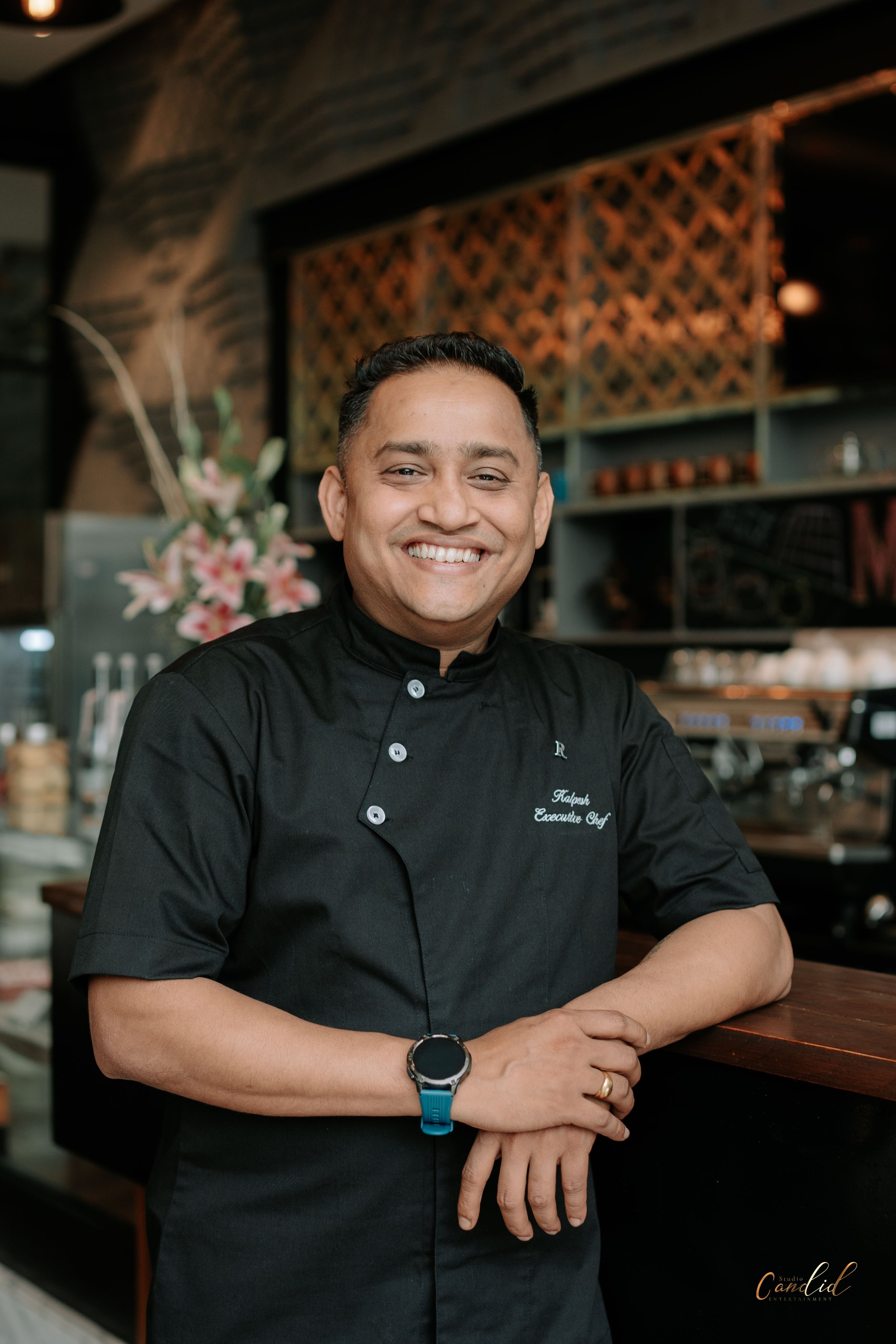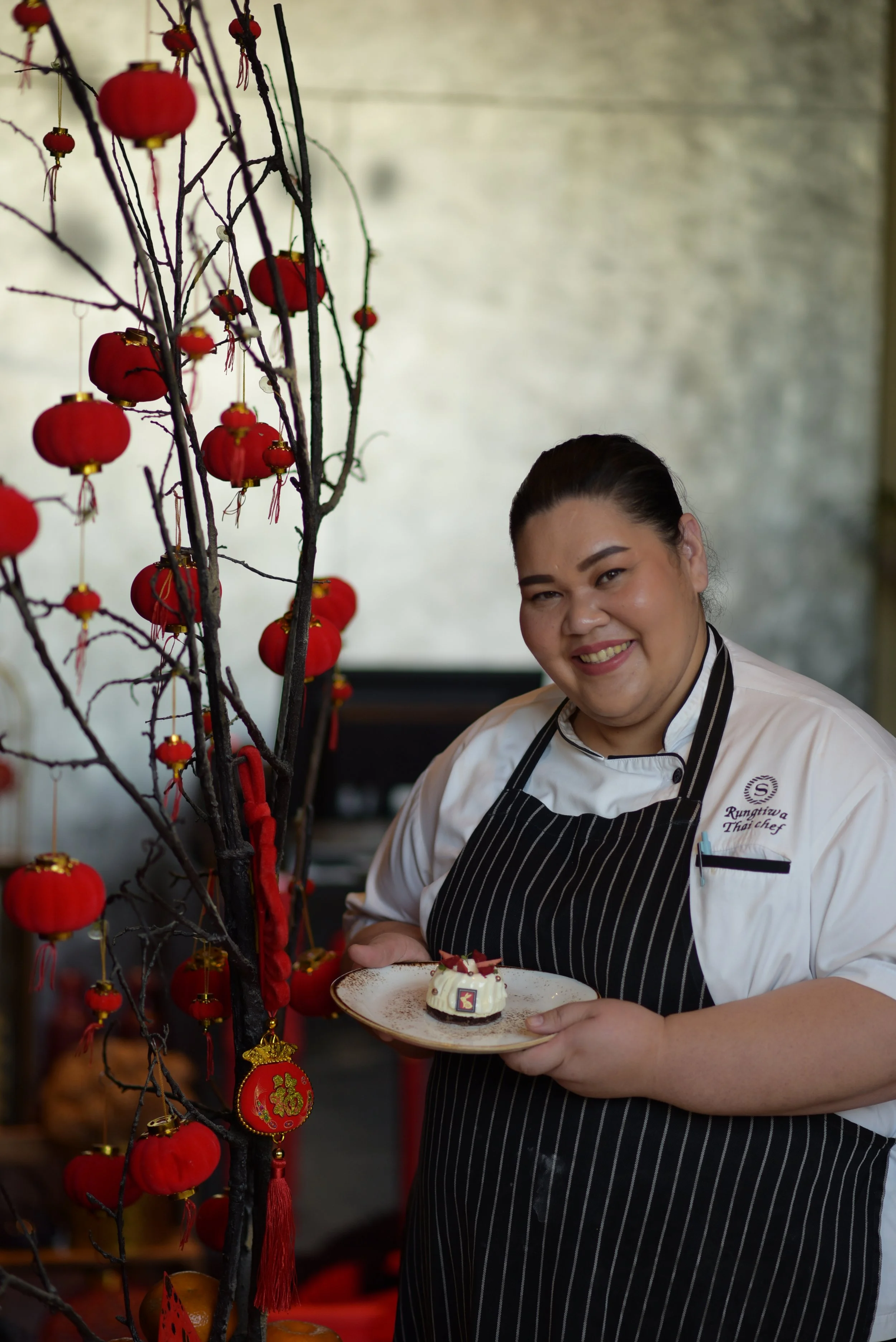Exclusive Interview | Chef Rana Dominic Gomes, Area Chef South, Royal Orchid Hotels
/ Editor Hospemag“A good chef doesn’t have to be a popular celebrity, even a small south Indian café chef prepares delicious dishes which people stand in a queue to get hands-on, I feel is successful in a way of its own.”

How did it all start? Share your culinary journey with us.
I belong to a family of Chefs, my father and all my relatives, my brother, uncle, cousins, brother-in-law and now even my sister-in-law is a chef. So after my schooling, I joined Taj Gateway as an Apprentice, in 1993, in 1995 I joined The Oberoi Bangalore, and from there I moved to Le Meridian, and Le Notre by Accor, in the Middle East. I came back in 2004 and joined the Royal Orchid Hotel
What are your earliest memories of the kitchens you worked in
It sounds funny now, in my initial days when I used to come home with cuts and burns, my father used to say that consider your wound as a medal, and one day you will remember your hard days in the kitchen and you will respect your profession because 30 years back we were not glamorized like we do today
A dish your patrons/guests love
I have experimented with many innovative dishes, few were very successful and few were not, but the most successful was Orange Kulfi, Kulfi is set inside the orange shell, and is the most popular, recently we served this to the PM on his visit to one of our Hotels.
A dish that you love but do not have on your menu
I love simple food most of the time, and the special ones that I love are on the menu, we make a menu for guests, and I feel guests should be the prime focus, the dishes that I like are not necessarily that my guests also will like. Yes, but sometimes I do suggest and prepare for them,
What according to you does it take to become a successful chef?
What is a success, if a chef owns the chain of restaurants, appears on TV, wins awards becomes a celebrity chef. In my opinion, to own a chain of restaurants a chef has to be a businessman, to appear on TV, and judge a reality show, one must be an Actor, with good looks and good communication.
To win awards one must have hard word dedication, good PR, and contacts. A successful chef is recognized if you have achieved all the above, but a good chef doesn't have to be a popular celebrity, even a small south Indian café chef prepares delicious dishes which people stand in a queue to get hands-on, I feel is successful in a way of its own.
What advice would you give to a young culinary student?
It might sound dramatic but it's very true, I would use a line from Raj Kumar Hirani directed by Aamir Khan, “Success Ke Peeche Mat Bhaago, Excellence Ka Peecha Karo, Success Jhak Maarke Tumhare Peeche Ayegi”.
Don't run after success, pursue excellence and success will follow you.
If food could talk, which dish on your menu would have the most interesting story to tell?
In Royal Orchid the company where I work, we have a restaurant called “Tiger Trail” it has interesting stories behind the concept, our Managing Director Mr Baljee started this restaurant in the early 80s inspired by his expedition to all the tiger reserves in India. He was the first to start open open-heart concept in the restaurant.
Tiger Trail was the first restaurant to start Chola Batura in Bangalore, Tiger Panja Kebabs, Barra Kebab, Matka Murgh, and still we have all these dishes on our menu. So if food can talk these dishes are the ones that can tell the stories of how it was introduced 40 years back and still survive even though they passed through so many hands the recipe and taste remain the same.
As an Executive Chef, have you ever had any funny or bizarre requests from guests that you managed to fulfill?
There are many funny moments, rather I would say “weird requests”: Eggless Omelette, cheeseless pizza, Chicken Biryani without chicken, Dal fry without Tadka, yes we served all these just by removing and adding a few ingredients.
If you were a vegetable, which one would you be, and why?
It depends on I am grown in which country, in India, coriander to enhance the dish In Europe- Tomato, soft sweet and goes well with most of the dishes.
Can you share a wacky kitchen mishap or memorable culinary disaster that you turned into a hilarious learning experience?
I was in Middle-East, preparing a dish called muhammara made with red bell pepper and tomato, after cooking chopped walnuts had to be added, and the moment I added it changed its color from red to black, and no one would tell me why. My Arabic colleagues would laugh, finally, I succeeded, by cooling the dish, then adding the walnut.
As an Executive Chef, have you ever encountered any culinary superstitions or quirky traditions in the kitchen?
Many superstitions believe they say you shouldn’t pass the salt, it causes enmity. Do not spin lime it isn't good for business. I do not believe in any of these.
Can you describe a bizarre food trend or fad that you've observed or experienced throughout your culinary career?
Yes! The food industry has evolved from regular cooking and serving to dining experience, and now into the progressive experimental elevated dining experience. From traditional Chula Sigdi to modern combi ovens, molecular gastronomic, and sous vid, but it’s so funny and sad that some chefs take the food presentation to an unimaginable level
By serving food in Iron Boxes, shovels, toilet commodes, etc.
What advice would you give to young chefs and hoteliers aspiring to leave their mark in the industry?A Chef is an artist with a sharp brain. The top priorities should be on Culinary Skills, Passion for Cooking, Willingness to learn & do lots of Hard Work, Leadership Skills, awareness and complete hold on Financials, An Eye for Detail, Innovation, Hygiene and Team Building.Love for cooking is undoubtedly the cornerstone. It is not just about creating delicious food; it’s about the joy of the process and the satisfaction of seeing people enjoy your creations.I hope to inspire the next generation of chefs to see the vast potential in plant-based cooking and to approach it with passion, innovation, and a commitment to impact. Together, we can elevate vegetarian cuisine into a future that’s healthier, more exciting, and better for our planet.Mastering new techniques is essential for continuous quality improvement, and chefs should explore advanced methods like sous-vide, fermentation, and molecular gastronomy to expand their team’s skills.Integrity, innovation, and respect for tradition are my guiding principles. I believe in constantly pushing the boundaries of what Indian cuisine can be, while staying true to its roots.A good chef doesn't have to be a popular celebrity, even a small south Indian café chef prepares delicious dishes which people stand in a queue to get hands-on, I feel is successful in a way of its own.If I were to transform into a vegetable, the choice would be clear: I would be broccoli. Not only is broccoli one of the most nutritious and versatile vegetables, but it also embodies a unique blend of resilience and adaptability that mirrors my own traits.To become a successful chef, you need:
Passion: A burning love for food that keeps you up at night dreaming of your next dish.
Mad Skills: You’ve got to slice, dice, and sauté like a wizard with a spatula.
Creative Spark: The ability to turn ordinary ingredients into culinary magic.
Obsessive Attention to Detail: Because every grain of salt and garnish matters.
Kitchen Kung Fu: Leading your team with the finesse of a maestro conducting a symphony.
Flexibility: Rolling with the punches when the soufflé sinks or the orders pile up.
Business Savvy: Balancing the books while balancing flavors.
Forever a Student: Embracing lifelong learning, because the food world never stops evolving.
The only advice I can give to young chefs is that – Be humble, put your head down and work you’re a** off. When given chance to work with the best, TAKE IT! Don’t involve your personal ego when you deal with people who are way more experienced than you. Ask questions, steal recipes, don’t say no to difficult task, be ready to clean floor and dishes but make the most of the opportunity given to you.
My passion for cooking and the late- night cravings of a young adult led me to launch a small home-based kitchen named 'Night Foodies' in 2013. Working through the nights making burgers and pizzas, I discovered a deeper truth: food was my true calling.Learn to cook first and then think of becoming famous. Focus on skills and knowledge development rather than looking to become a social media star. Money will come for sure provided you don’t run behind it.
Guler Kabab is my family recipe, and this is what my parents used to make together in the kitchen. It has a surprise stuffing element that is a little sweet and spicy, which usually people don’t expect in a kabab. I learned this recipe from my mother, and I always ensure to serve it to my diners. It gives me extra brownie points. It is a home recipe and something that you won't find otherwise in anyone else’s house.There was this one time where a guest requested a “Omelette without egg”. It was something that really shocked and amused me. I had not even imagined this kind of dish. But since it was requested by the customer, I had to take up the challenge.
I am India's first Corporate Executive Chef for an Indian cruise line. Eating butter out of my grandma's hands while she churned home made white butter every morning for breakfast. Having that when I was three, I clearly remember it. The love had a lot of flavour, better than the ingredients.In pursuit of a holistic approach to dining, the year 2024 will witness a surge in the popularity of balanced meals. The concept of Thalis, featuring a diverse array of nutrients, will transcend specific cuisines, becoming a prevalent trend.Each recipe is a creative genius of someone who is willing to think out of the box and that is an important characteristic that a chef should possess and be able to appreciate that same quality in others.I think to be a successful Chef one needs to have presence of mind as we are playing with different ingredients and we should understand them better and their combinations apart from a passion and love for cooking.A successful chef is like a passionate artist in the kitchen. They make delicious meals that make your taste buds dance.Do not ever run after money when you are starting your career. Remember that whatever is taught to you during your academic days, those are very basic and just to create a strong base. With the expertise of your academic learning, you cannot become a Master Chef and cannot claim a high salary. Hence it is your responsibility to work under various Chefs and to learn and when you are learning you cannot run after money.The challenge lies in finding the delicate balance between creative presentation and ensuring that each component harmonizes with, rather than overpowers, the star of the show - the main dish.What according to you does it take to become a successful chef? Follow the 3 D's That is -Determination, Dedication, and Devotion, these D's will help you achieve your goals. Also never give up at any time, nothing is impossible. Good communication and teamwork are needed because cooking is a group effort. Leading a kitchen and a team takes leadership and organization.-Chef Vadim Shin
For aspiring culinary students embarking on this delectable journey, my advice is straightforward yet profound: embrace the virtues of patience and continuous learning.We are willing to go to great lengths to satisfy the unique, and sometimes unusual, culinary preferences of our patrons, thus ensuring that their dining experiences are truly memorable.A delicious reminder of the power of food to connect us to our roots and tell a story that transcends time.The world of kitchens boasts its own array of superstitions and endearing traditions. A standout belief involves stirring dishes counterclockwise, believed by some to bring misfortune. While I approach these with light-heartedness, they contribute to the vibrant mosaic of kitchen culture.If you were a vegetable, which one would you be, and why?I think my daughter would agree if I say I would be a potato for being bit round and very versatile if I may say so.
